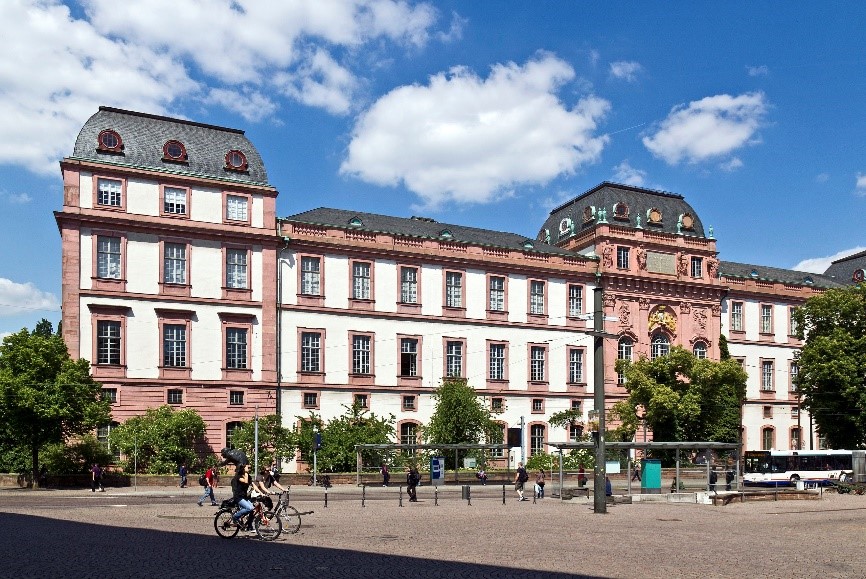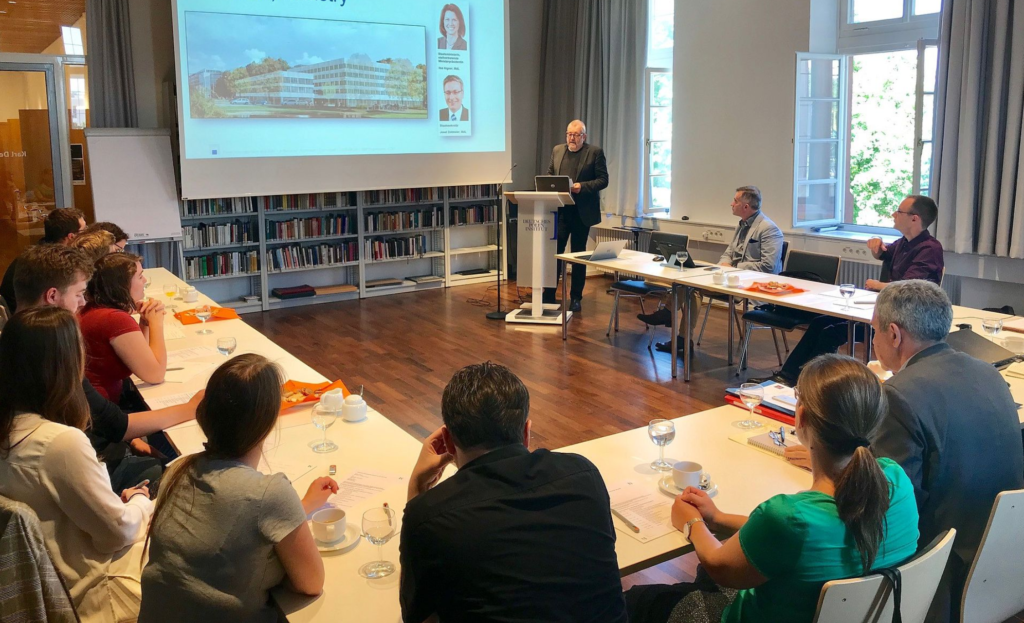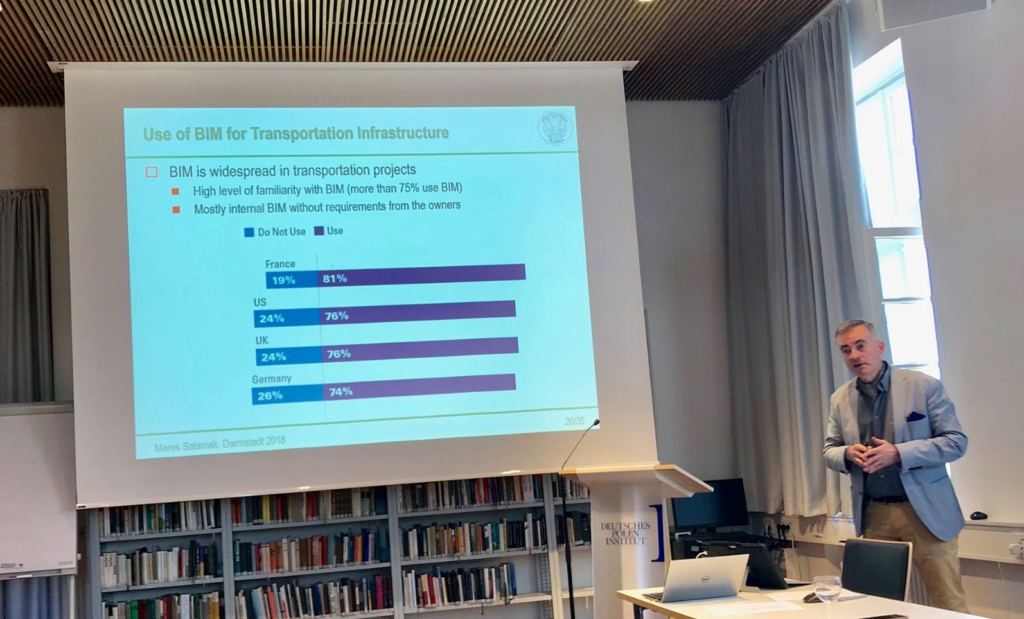Castle Seminars
The HELLER Group invests a significant part of its financial resources in research and development and in specific innovative products. The delivery of such projects is always subject to high risk. The innovative solutions are by nature unsure whether the product or service created will be accepted by the market and whether they will be in accordance with customer expectations.
Decisions on the size of the budget allocated annually for research and development works and on the directions of investment in innovative projects are made during debates in which all employees of the company are involved. Both specific technical solutions are discussed, the effects of the desired synergy between individual projects are analyzed, and chances for market success are studied. As a result, the “Technical Innovation Program” is created, documenting the Group’s strategy with regard to investing its own funds in innovative solutions and systems.
For many years now, HELLER has been inviting selected representatives of road infrastructure managers to participate in these internal meetings, who are able to assess the market opportunities of planned innovative activities. Their opinions are very precious, as they are often more objective than the views of the developers of specific solutions, often focused on technical aspects. On the other hand, representatives of potential customers have a valuable opportunity to assess how much their expectations are achievable and what are the reasons for the problems that have not been solved so far. Everyone is obviously aware of the fact that the customers’ ideas and needs evolve as a result of new solutions and market innovations. This fact is illustrated by a statement well attributed to the pioneer of American car industry, Henry Ford: “If I had asked people what they wanted, they would have said faster horses.”
The key to the success of such an exchange of information with customers and the debate on future solutions is unlimited, mutual trust and honesty of discussion. This is by no means an opportunity to acquire any products, but an objective discussion of the technical and financial possibilities of carrying out specific tasks that may result in a specific product in the future. Without the awareness of such an approach to the discussions, its basic objective, which is to develop a credible Technical Innovation Program, could not be achieved. However, the results so far confirm unequivocally that together with selected representatives of road administration it was possible to work out a good and beneficial for all formula of such meetings.
Recently these traditional technical meetings have changed slightly in form. The annual debates on the directions of investing in innovation have been divided into 2-3 seminars devoted to specific professional disciplines. This gives an opportunity to link the discussion on the opportunities of specific technical solutions with the possibility of broadening and, above all, systematizing knowledge on a specific topic. This applies especially to new disciplines or new methods of solving traditional tasks.
The entire technical staff of HELLER Ingenieurgesellschaft and selected employees of HELLER Consult from Warsaw, as well as one or two representatives of the road administration, usually participate in such seminars. In addition, we try to invite an independent expert from outside the HELLER Group who, regardless of his presentation, has the opportunity to comment on the chances of success of investments in specific innovative solutions.
The stylish library of the German-Polish Institute was chosen as the venue for such seminars, based in the historical residential castle in Darmstadt. Hence the common name of this new edition of traditional meetings: “Castle Seminars”.

The “Castle Seminars” were inaugurated on the 28th of June 2018 with a meeting devoted to the perspectives of using BIM (Building Information Modeling) techniques in road industry. The representative of the potential “client” was Roland Degelmann, who is the project manager for “Digital Transformation” in the Bavarian Ministry of Building and Transport. Roland Degelmann has been responsible in Bavaria for more than 15 years for the implementation of informatics systems for the road industry and for systems for planning road investments and repairs. On request of the departments he manages, HELLER Ingenieurgesellschaft has in the past provided a number of innovative systems for the optimization of management processes in the Bavarian Road Administration. These systems and methods were also implemented in the following years in other German federal states and in many other European countries.

As a BIM expert we successfully invited Professor Marek Salamak from the Silesian University of Technology. Professor Salamak presented the most fundamental concepts of the BIM discipline and took part in a discussion on the strategic direction that the HELLER Group should take in order to make a valuable contribution to BIM in Germany and Poland.
The topic of one of the next “Castle Seminars” was innovative methods of repair planning. The HELLER Group is the author of a number of systems supporting road managers in the field of Asset Management, including budget optimization systems and maintenance programs. The discussion focused on finding an answer to the question: Should it be expected that in the coming years consistent or at least compatible road maintenance planning methods will be developed on a European scale? The discussion was attended by Ms. Birgit Kressirer from the Bavarian Ministry of Building and Transport and Mr. Mario Krmek from the Asset Management Department of the Austrian company for motorways and expressways (ASFINAG).
The “Castle Seminars” are also used by the HELLER Group for all-day internal training on technical “tools” and “platforms” and are thus an important part of those activities of the INFRAMA Academy which are aimed at the internal education of engineering and IT staff.
